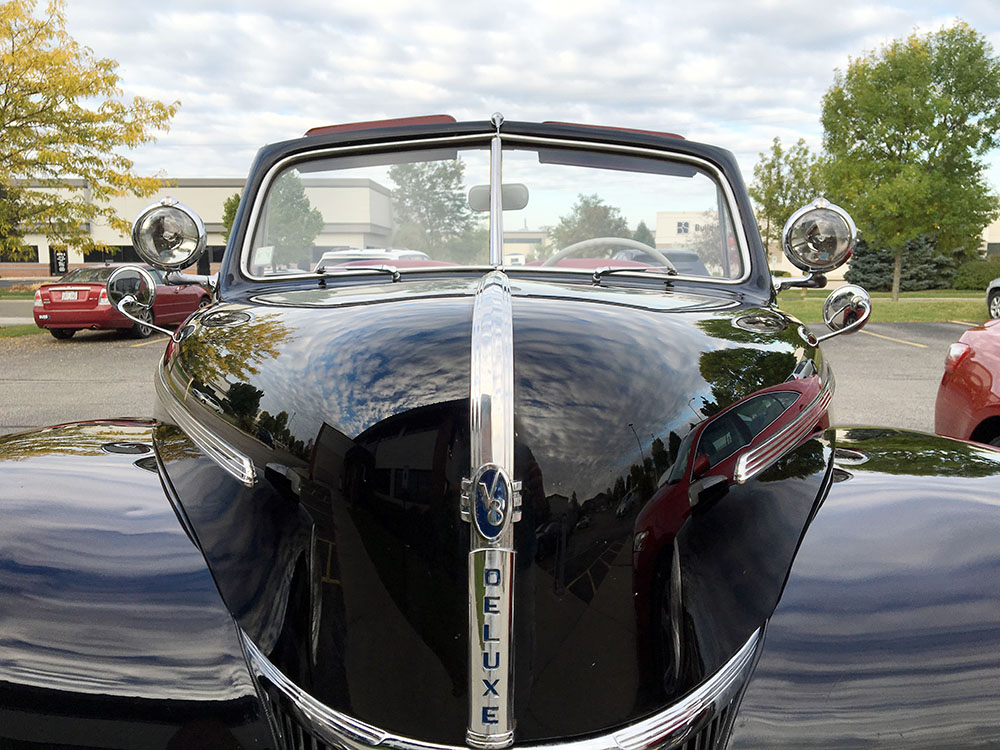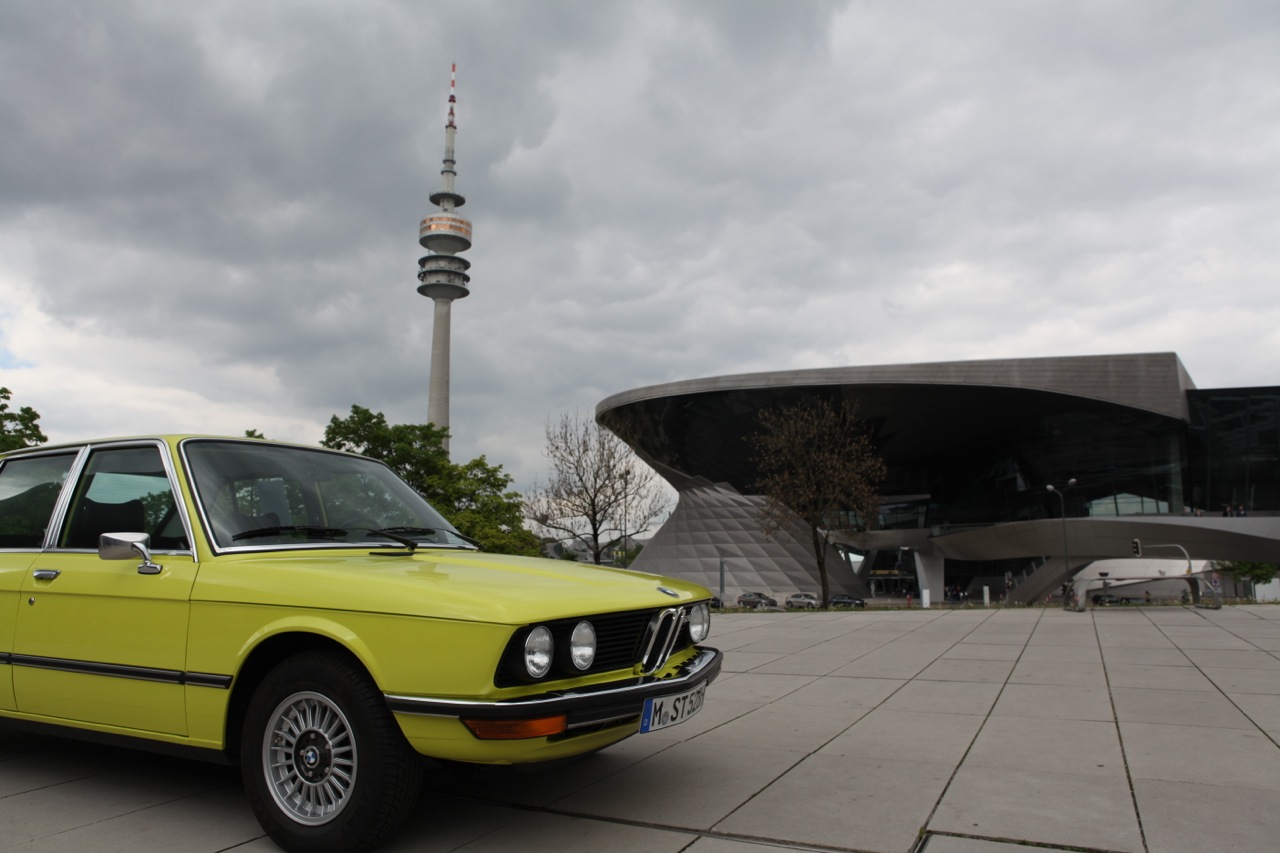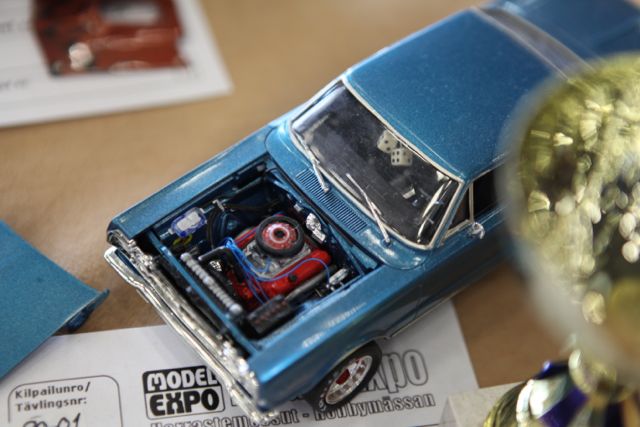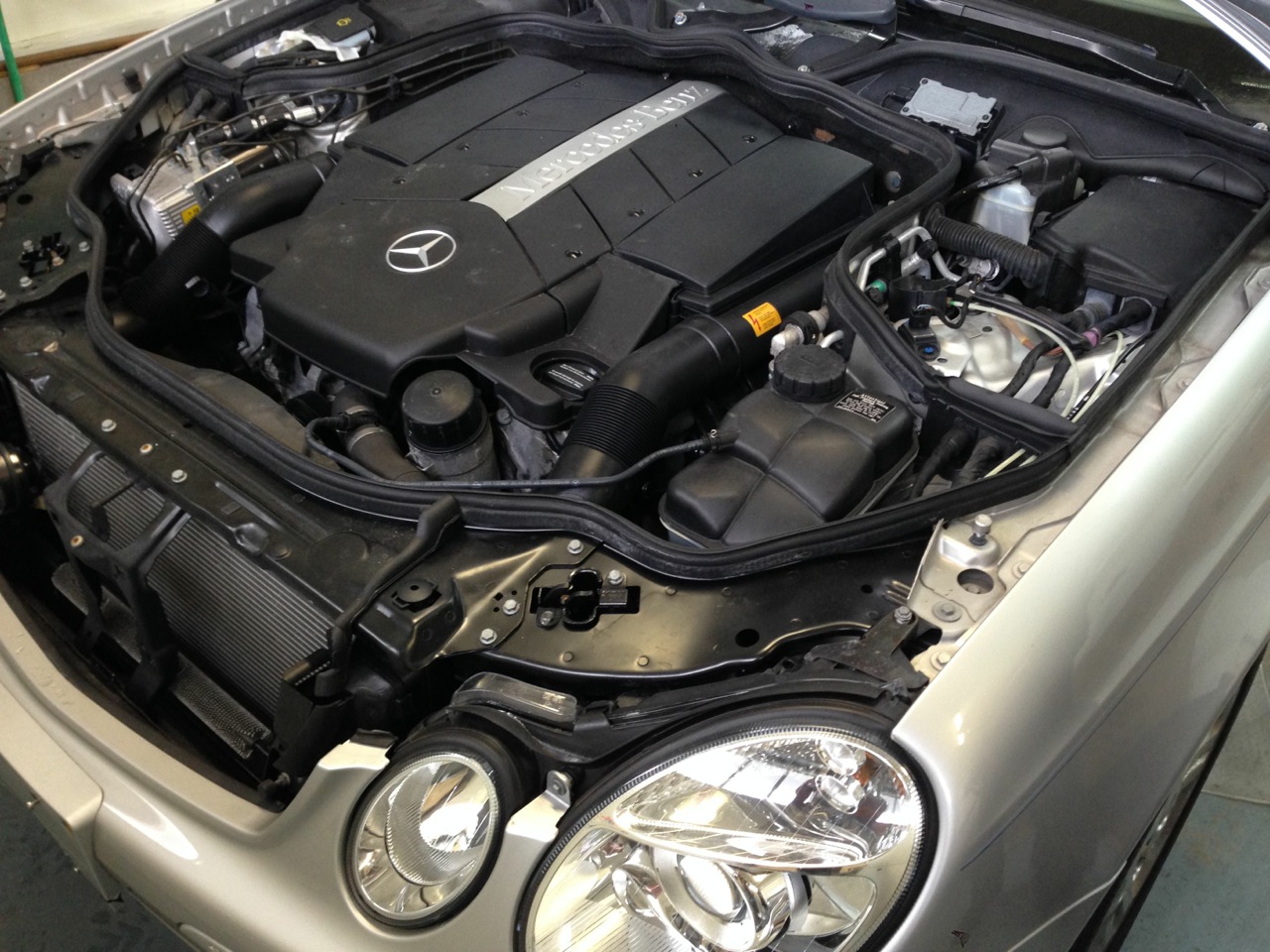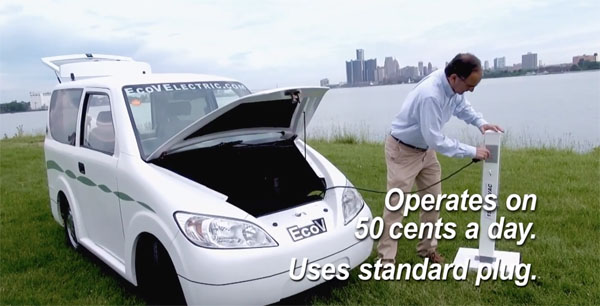We begin a speculative show in Berlin, where a cab driver laments “young people arriving in the city to party and sleep on couches”. Might Berlin’s youthful visitors in 2050 simply crash in their autonomous pods?
Horace races forward and muses on a future filled with roving, autonomous Winnebagos. Jim notes that there have been previous attempts at such vehicles, particularly with 1960’s and 1970’s era vans.

Big data and algorithms run interference.
Will autonomous pod players be naturally limited to those who can create and maintain a global mapping system? Today, those organizations include Google, Apple and a consortium owned by Audi, BMW and Mercedes. TomTom supplies GIS data to many organizations and Uber has begun to collect mapping data as well.
We close with a bit of Apple gazing. What might Apple’s first car look like? What is its job to be done? Will it be influenced by the VW Beetle?

Subscribe to Asymcar podcasts via iTunes or RSS.
Show Notes:
Ostalgie: wikipedia.
GIS.
Faraday wants you to believe it’s not a front for the Apple Car, but probably is.

